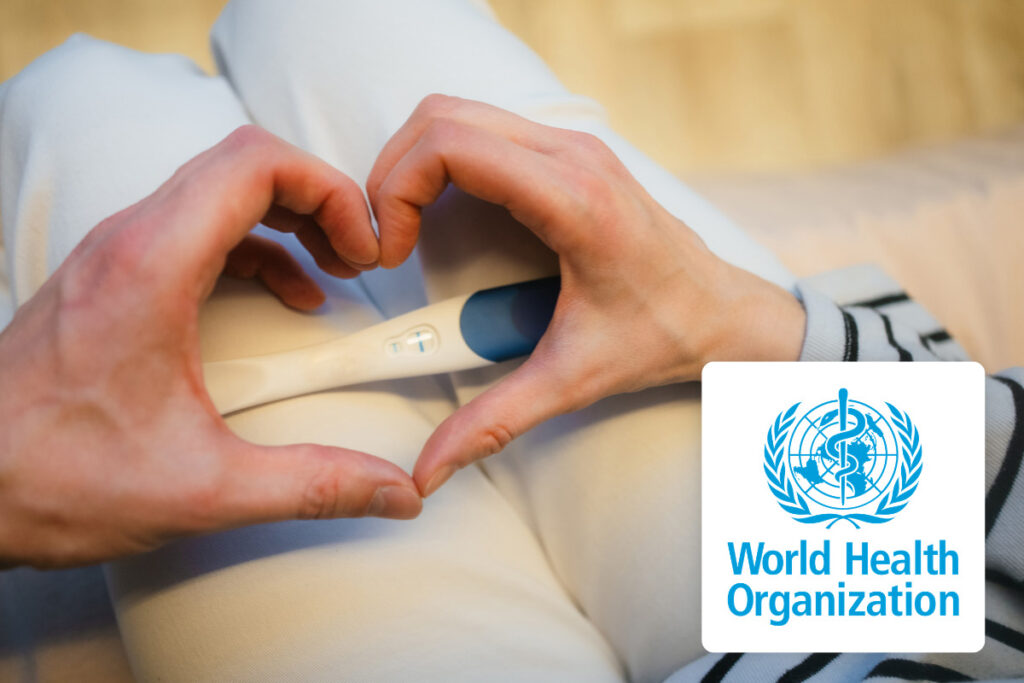Authors: Dr Antoine Abu Musa, Chief Medical Officer, and Dr Luciano Nardo, Founder & President, NOW-fertility
The duration for which eggs can be stored depends on the regulations of the country and the policies of the fertility clinic where the procedure is carried out, as well as individual circumstances. In many cases, eggs can be stored for an extended period, often up to 10 years or more. However, the specific legal and regulatory aspects may vary between countries or regions regulated by different health authorities. Most fertility clinics have an upper age limit on when these eggs can be used to achieve pregnancy.
Regarding the risks associated with egg freezing, the procedure is generally considered safe, and serious complications are rare. Like any medical intervention, there are some potential risks and considerations that women need to bear in mind:
- Ovarian Hyperstimulation Syndrome (OHSS): Ovarian stimulation medications can, in some cases, lead to OHSS, a condition in which the ovaries become swollen and painful. Severe cases are rare but can occur.
- Emotional and Psychological Impact: The process of egg freezing can be emotionally challenging. It may involve decision-making about family planning, considerations about future relationships, and coping with the uncertainties associated with fertility treatment.
- No Guarantee of Pregnancy: It’s important to understand that egg freezing does not guarantee a future pregnancy. Success rates depend on various factors, including the woman’s age at the time of egg freezing, the quality of the eggs, and other individual factors.
If you would like to learn more about egg freezing with NOW-fertility, please contact us to make an enquiry.
Free AMH test with egg freezing consultation
For a limited period, if you are based in either the UK or UAE, we are offering you a free of charge AMH test when you book an egg freezing consultation with one of our fertility experts.




